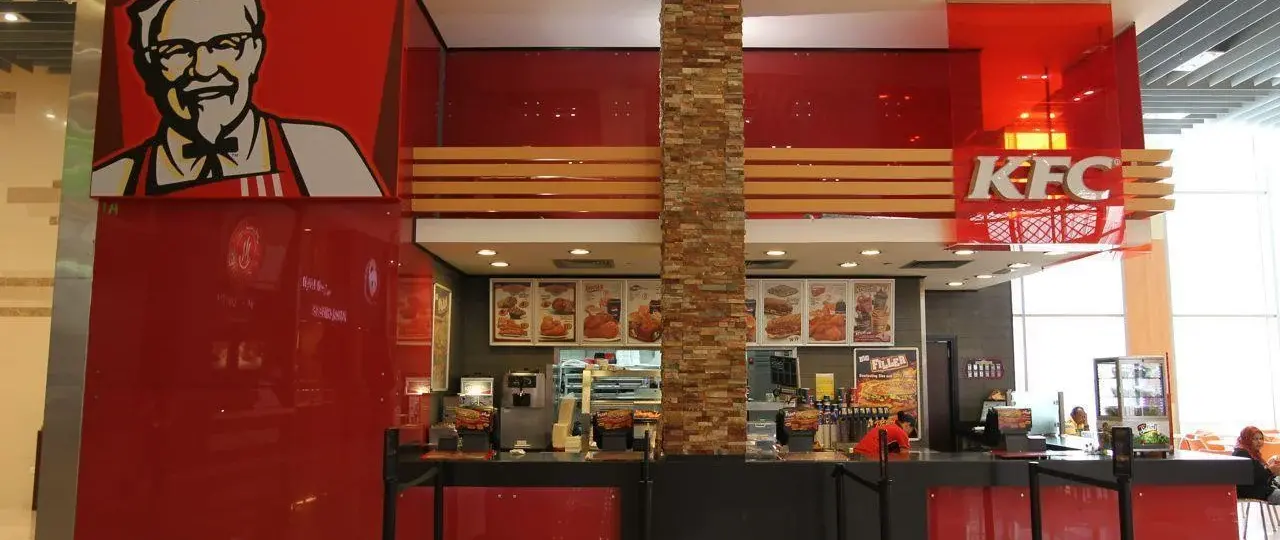FAAN shuts KFC for discriminating against physically-challenged ex-gov’s son
The closure of a KFC outlet at the Murtala Muhammed Airport in Lagos State by the Federal Airports Authority of Nigeria (FAAN) marks a significant moment in the ongoing struggle for disability rights in Nigeria. The incident, catalyzed by a social media outcry from Adebola Daniel, the son of former Ogun State Governor Gbenga Daniel, sheds light on the broader issues of accessibility, discrimination, and corporate responsibility in the country.
FAAN’s decisive action came after Daniel shared his humiliating experience at the airport’s KFC outlet. As a wheelchair user, Daniel has navigated the challenges posed by public spaces that fail to accommodate the needs of people with disabilities. His narrative is not just a personal grievance but a testament to the systemic barriers that individuals with disabilities face daily.
Daniel’s ordeal began with a simple desire for comfort and convenience while waiting for a flight. Accustomed to the accessibility issues at Nigerian airports, he sought refuge in what he believed would be the welcoming space of a global fast-food chain. However, the response he received was a stark reminder of the prejudices that pervade society. The manager’s blunt proclamation, “No wheelchairs allowed,” was not just a denial of service but a denial of dignity and rights.
This incident, while deeply personal for Daniel and his family, echoes the experiences of many Nigerians with disabilities. It highlights the stark reality of a society that, despite legislative advances, often fails to protect the rights and dignities of all its members. The Lagos State law on People with Special Needs, Part C, Section 55, explicitly prohibits discrimination based on disability, yet the enforcement and awareness of such laws remain inconsistent.
FAAN’s response to the incident was swift and commendable. By closing the KFC outlet, they signaled a zero-tolerance policy for discrimination. This action, however, is but a single step in the long journey toward inclusivity. The requirement for KFC to issue a written apology and to display a non-discrimination policy statement at their facility is a move towards accountability, but it also raises questions about the broader culture within corporations operating in Nigeria.
KFC’s response, emphasizing their commitment to inclusivity and regret over the incident, suggests a willingness to address the gaps in their training and operational policies. The promise of sensitivity training for employees is a positive step, but it also reflects a reactive rather than proactive approach to accessibility and inclusion.
The reaction from the Lagos State Office for Disability Affairs, led by Mrs. Adenike Oyetunde-Lawal, underscores the role of governmental agencies in advocating for the rights of persons with disabilities. By condemning the discrimination and urging those who have faced similar issues to come forward, LASODA amplifies the call for a society that is truly inclusive and accessible to all.
This incident serves as a wake-up call not only for corporations like KFC but for all entities operating public spaces. It highlights the urgent need for comprehensive training, policy review, and a shift in cultural attitudes towards disability. While legal frameworks provide the foundation for rights and protections, the realization of an inclusive society requires a collective commitment to understanding, empathy, and action.
Beyond the immediate responses and promises for change, the incident at the Murtala Muhammed Airport invites us to reflect on the deeper societal attitudes towards disability. The challenges faced by individuals with disabilities in Nigeria are not isolated incidents but are indicative of a broader need for cultural and systemic change. It calls for a reevaluation of our spaces, services, and attitudes to ensure that dignity, accessibility, and equality are not just ideals but lived realities for everyone.
As we move forward from this incident, the conversation must continue. It is not enough to react to discrimination when it occurs; we must proactively work to prevent it. This means not only adhering to legal requirements but also fostering a culture of inclusivity and respect. It requires a commitment from all sectors of society—government, businesses, and individuals—to not only acknowledge the rights of people with disabilities but to actively champion them.
The closure of a KFC outlet at the Murtala Muhammed Airport is more than a story of discrimination; it is a narrative about resilience, rights, and the ongoing struggle for a more inclusive Nigeria. It reminds us that while progress has been made, much work remains. In the end, the true measure of our society will not be in how we treat the most privileged among us, but in how we uplift and include the most vulnerable. This incident, though regrettable, offers an opportunity for reflection, learning, and most importantly, for action towards building a more inclusive world.

